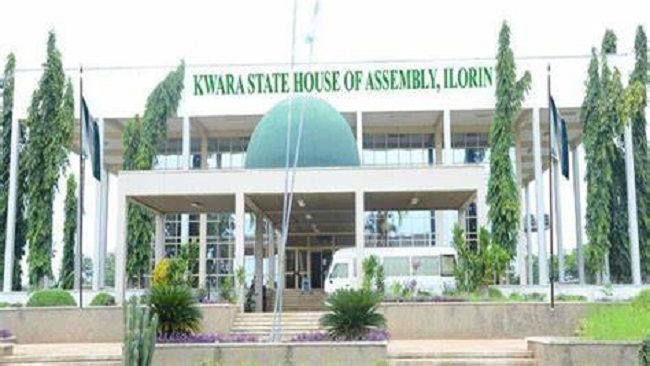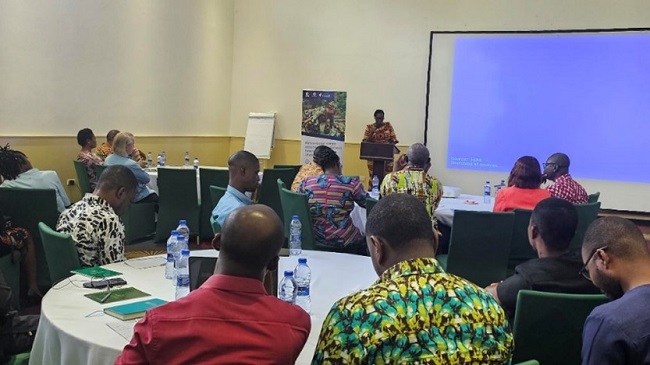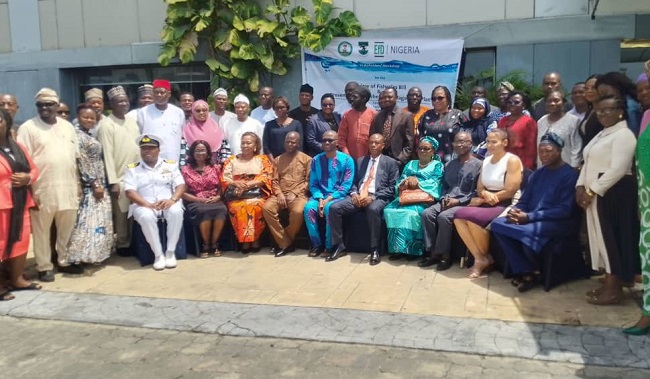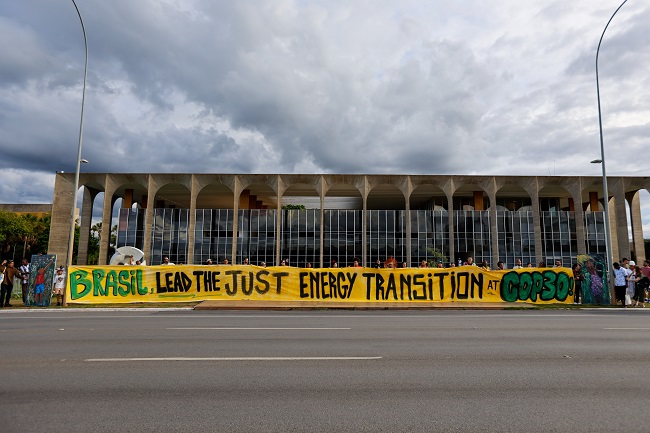The National Council on Climate Change Secretariat (NCCCS) on Wednesday, April 16, 2025, held a stakeholders’ engagement workshop on the development of the Just Transition Guideline for Nigeria.
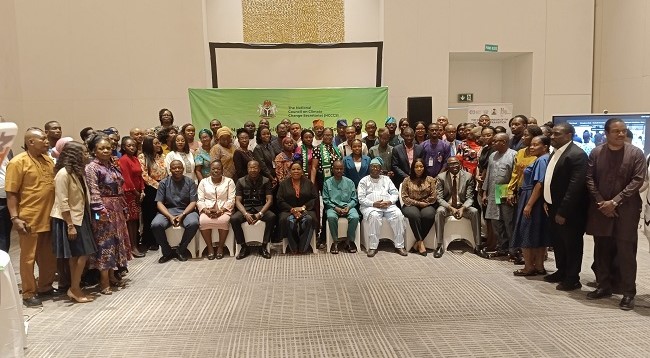
The workshop was organised in collaboration with the International Labour Organisation (ILO), United Nations Industrial Development Organisation (UNIDO) and the United Nations Development Programme (UNDP).
A Just Transition guideline is crucial to addressing the challenges and opportunities associated with the transition to a sustainable and low-carbon economy.
It will ensure that the shift to renewable energy and a low-carbon future aligns with this vision by integrating policies that safeguard workers and communities, particularly those dependent on fossil fuel-based industries, anchored on sustainability, economic inclusion and resilience.
In her opening remarks, the Director-General, NCCC, Dr Nkiruka Maduekwe, said the workshop was a step in shaping an inclusive and equitable transition towards a sustainable, low carbon future for Nigeria.
Maduekwe said the workshop would provide an opportunity to deepen discussions and refine approach to low carbon future.
According to her, the engagement will ensure that the development of a Just Transition Guideline reflects the diverse voices and realities of all stakeholders – government, private sector, labour unions, civil society, development partners, and local communities.
She said the administration of President Bola Tinubu, through the Renewed Hope Agenda, was committed to economic growth, job creation, and social inclusion.
She said Just Transition must align with these priorities by ensuring involvement of all stakeholders to clean energy and climate-resilient solutions.
“Our policies, including the Energy Transition Plan, Nationally Determined Contributions, Climate Change Act, and the National Development Plan, set a strong foundation for a people-centered and economy-driven transition.
“As we engage today, we must recognise that this transition is not just about technology and policy – it is about people, livelihoods, and the future of our workforce.
“It is about creating green jobs, investing in skills development, protecting vulnerable communities, and ensuring economic opportunities for all,” she said.
She expressed appreciation to the unwavering support of the development partners for their invaluable support in shaping the initiative.
“I encourage everyone present to actively contribute, share insights, and collaborate in shaping a Just Transition framework that truly reflects Nigeria’s unique socio-economic and environmental realities.
“Together, we can design a pathway that balances climate ambition with economic sustainability, social justice, and national development,” she said.
Also speaking, Prof. Emmanuel Oladipo, a professor of climatology, said Just Transition was important to mitigate the impact of climate change.
“Just Transition requires a change in behaviour that leads to reduction in our carbon footprints,” Oladipo said.
He said the transition should be done in a way and manner that it would not create inequality in the society.
Oladipo stressed that transiting to Just Energy required capacity building and doing things differently.
He noted that for the sustainability of the future, there was the need to move away gradually from the use of fossil fuels in a manner that no one was left behind.
Mr. Steven Aguguo, Climate Action Coordinator for ILO, said moving away from carbon at this time was the right step in the right direction.
Aguguo said the ILO would be committed to inclusive transition without leaving anyone behind.


